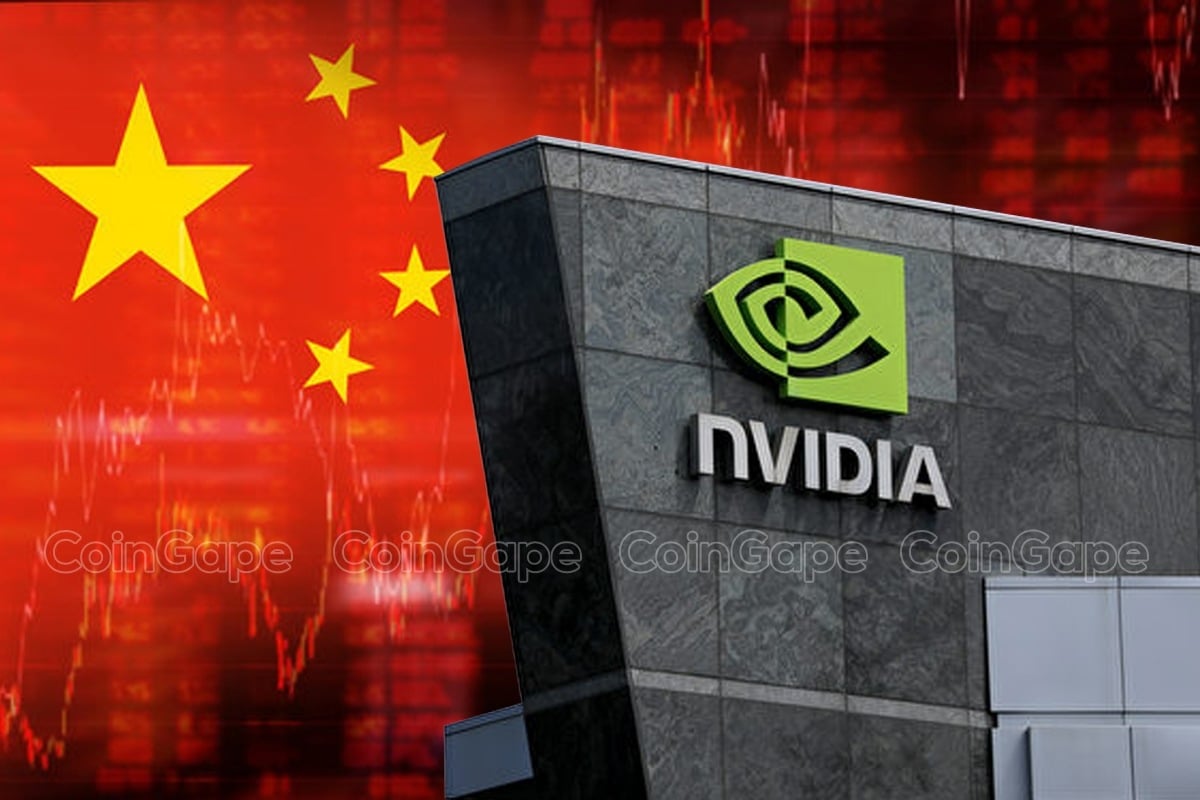In a bold move that’s sending ripples across the global tech and trade landscape, Nvidia has confirmed it is set to resume the sale of its H20 AI chips to China. This announcement follows months of intense regulatory uncertainty and shifting U.S. foreign policy decisions, spotlighting the fragile dance between cutting-edge innovation and international politics.

The decision comes after a period of back-and-forth regulatory action, with the U.S. government tightening and loosening restrictions in rapid succession—largely influenced by strategic negotiations and high-profile engagements. Nvidia’s return to the Chinese market signals not only a significant commercial milestone but also a recalibration of U.S.-China tech relations in the era of artificial intelligence.
Navigating Uncertainty: Nvidia’s Regulatory Whiplash
On Monday, Nvidia revealed that it had filed applications to restart exports of its H20 AI chips to China, with expectations to receive government licenses in the near future. The company is poised to begin deliveries shortly after approval.
In parallel, Nvidia is launching a new chip, the “RTX Pro”, specifically designed for compliance with U.S. regulations while catering to the Chinese market. This chip, according to the company, is ideal for sectors like smart manufacturing, logistics, and other digital industry applications that are central to China’s technological ambitions.
The H20 chip, while not Nvidia’s top-tier processor, remains the most powerful AI chip the company can legally export to China under current U.S. export control laws. It is optimized for “inference” tasks—which involve executing pre-trained AI models for applications like automated customer service, fraud detection, and smart robotics—rather than training brand-new AI systems from scratch.
Why China Wants Nvidia’s H20 So Badly
China’s top tech players—including ByteDance, Alibaba, and Tencent—spent the first quarter of 2025 aggressively stockpiling H20 chips, anticipating further export crackdowns. For these companies, the chip’s appeal lies not just in its memory bandwidth and processing efficiency, but also in Nvidia’s unmatched software ecosystem, which makes integration and deployment significantly easier.
Compared to domestic Chinese AI chips, the H20 stands out for its higher performance ceiling and compatibility with Nvidia’s CUDA and AI development tools, offering tech companies a faster path to operational AI solutions. For a nation racing to close the AI gap with the West, these advantages are invaluable.
A $15 Billion Stumble and the Power of Policy
The regulatory rollercoaster began in April 2025, when the U.S. government—under the Trump administration—moved to restrict sales of chips like the H20 to China. These restrictions targeted chips that exceeded performance benchmarks such as 1,400 GB/s memory bandwidth or 1,100 GB/s input/output throughput.
This decision threatened to cost Nvidia an estimated $15–16 billion in revenue, based on how much Chinese firms had already spent acquiring H20 units earlier in the year. The policy aimed to curb China’s access to high-performance AI infrastructure that could potentially fuel surveillance, military advancements, or authoritarian technologies.
Yet, the ban was surprisingly short-lived.
Shortly after Nvidia CEO Jensen Huang attended a $1 million-per-head fundraiser at Mar-a-Lago, the restrictions were quietly lifted. According to NPR sources, the White House reversed course after Nvidia committed to significant investments in the U.S.—including plans to build AI data centers valued at up to $500 billion over the next four years. These centers would be developed in partnership with key players like TSMC, solidifying the U.S. as a global AI infrastructure hub.
Critics Raise Red Flags Over National Security
While Nvidia’s commercial recovery has been swift, critics in Washington are less convinced. Several lawmakers argue that reversing the export ban undermines efforts to contain China’s growing AI capabilities.
The case of DeepSeek, a Chinese AI startup that built a highly competitive model using Nvidia’s older H800 chips, has been cited as a cautionary tale. Although the H800 was banned in October 2023, Chinese firms found creative workarounds to continue development—raising concerns that newer chips like the H20 may similarly boost China’s AI potential.
As a result, some policymakers view Nvidia’s compliance-focused strategy as insufficient, warning that technical boundaries alone may not prevent adversaries from pushing the limits of what’s allowed.
The Business of Balancing: AI, Trade, and Global Diplomacy
According to Nvidia spokesperson Hector Marinez, CEO Huang has been in dialogue with officials from both Washington and Beijing in recent weeks, emphasizing that AI has the potential to benefit all of humanity—especially in industries like healthcare, logistics, education, and energy.
But beneath the public statements lies a stark reality: the U.S. is trying to walk a fine line between protecting national security and supporting its most successful tech companies. AI chips have become the new battleground in a broader war of influence between global superpowers, and companies like Nvidia are caught right in the middle.
By resuming H20 sales and introducing compliant alternatives, Nvidia hopes to retain its dominance in the Chinese AI market—a market too large and too strategic to ignore.
Looking Ahead: What This Means for the Global AI Race
Nvidia’s latest moves are a clear indication that the U.S.-China AI conflict is far from over. As technology continues to advance faster than regulators can respond, we’re likely to see more policy shifts, unexpected alliances, and industry adaptations.
For tech watchers, businesses, and governments alike, the key takeaway is simple: AI isn’t just about algorithms—it’s about access, regulation, and geopolitics.
As Nvidia resumes chip sales to China, it’s not just delivering hardware—it’s reshaping the future of global innovation, trade diplomacy, and technological influence.
Final Thoughts
Whether you’re a business leader tracking chip supply chains, an AI developer navigating compliance, or a policymaker weighing national interests, Nvidia’s China pivot is worth paying close attention to.
This isn’t just a business decision—it’s a signal of how deeply AI is embedded in the geopolitical fabric of our time.
Stay tuned. The next chapter in this tech saga is only just beginning.
Also Read:



